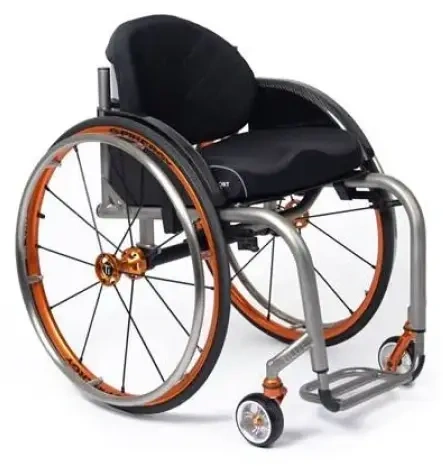A brief study in the origin of the wheelchair reveals a fascinating evolution of the manual wheelchair, a revolutionary mobility aid that has transformed the lives of millions of people worldwide. From humble beginnings to modern innovations, the history of the manual wheelchair is a testament to human ingenuity and compassion The concept of wheeled mobility devices dates back centuries, with early depictions of rudimentary wheelchairs found in ancient Chinese and Greek civilizations. These early contraptions were often cumbersome and impractical, primarily used for transporting royalty and injured soldiers..

The modern manual wheelchair as we know it today was invented in the 18th century by English inventor John Dawson. His design featured a lightweight frame, two large rear wheels, and a single front wheel for enhanced maneuverability. This innovation marked a significant leap forward in wheelchair technology and accessibility
Over the years, advancements in materials, ergonomics, and design have led to the development of a wide range of manual wheelchair models to suit different needs and preferences. From lightweight models for easy transport to sports wheelchairs for athletic endeavors, users now have a diverse selection of options to choose from.
The manual wheelchair has had a profound impact on society, empowering individuals with mobility impairments to lead independent and active lives. It has played a crucial role in breaking down barriers and promoting inclusivity in various aspects of life, from education and employment to recreation and social activities.
As technology continues to advance, the future of manual wheelchairs holds exciting possibilities for further innovation and enhancement. From smart features and connectivity options to sustainable materials and ergonomic designs, the next chapter in the history of the manual wheelchair promises to be one of continued progress and improvement.
According to the World Health Organization (WHO), around 1% of the global population needs a wheelchair. This percentage may vary slightly in different regions, including North America.
In the United States, it’s estimated that around 2.7 million people use a wheelchair for mobility purposes. This figure includes both manual and electric wheelchairs.
In Canada, the number of people using wheelchairs is approximately 2% of the population, which includes both manual and electric wheelchair users.
Our goal at SwagAbility is to give you an overview of the manual wheelchair.
We will explore the different types of manual wheelchairs available on the market today and the benefits they offer the user.
Generally, the manual wheelchair allows for “tighter” mobility in smaller spaces, as well as ease of stowing for transportation.
Whether you’re looking for a standard wheelchair for daily use or a sports wheelchair for an active lifestyle, manual wheelchairs offer a range of benefits for a variety of users. Explore our detailed list of wheelchair manufacturers to learn more about each type of chair they make and to find a perfect fit for you. Here at SwagAbility, we recommend that you contact our friends at National Seating & Mobility to get assistance with custom sizing, design, features and Competitive pricing. And while you are there, tell them “Swag’s sent you.“
Stay up-to-date on all the latest news, products and advancements in the world of Disabilities & Accessibility